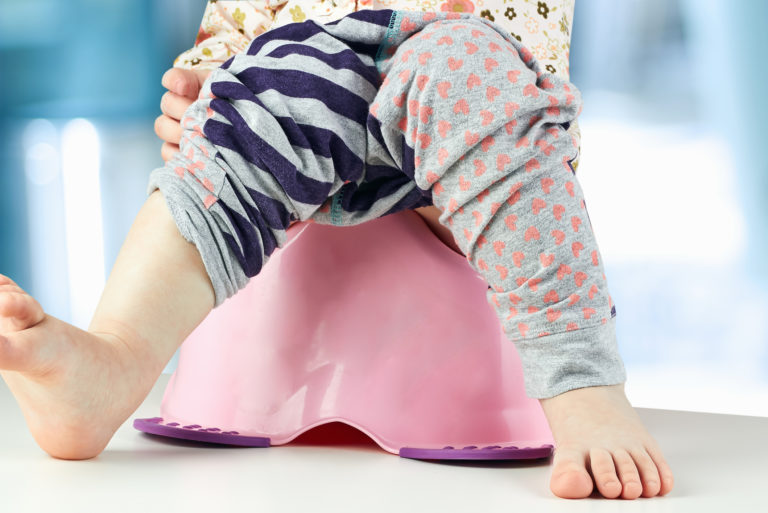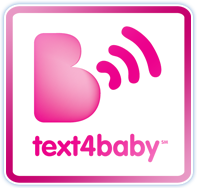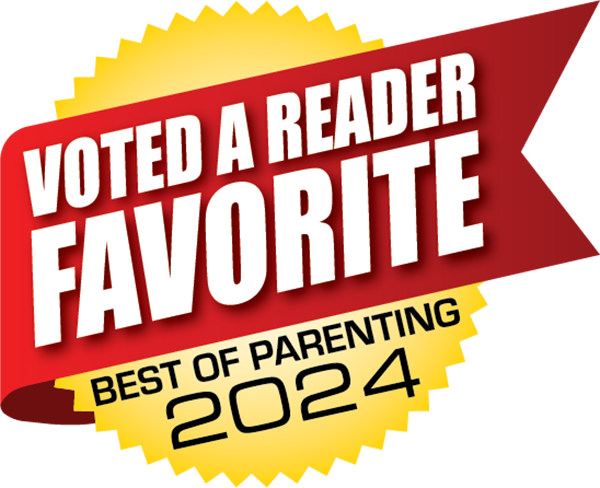 Potty training is an exciting event for parents and toddlers. Parents are happy about leaving diapers in the past, moving to a big kid potty will get your toddler excited.
Potty training is an exciting event for parents and toddlers. Parents are happy about leaving diapers in the past, moving to a big kid potty will get your toddler excited.
Children are typically ready for potty training anywhere from 18 months to 3 ½ years old.
Every child is different, so if your toddler isn’t interested in it just yet, give him or her time.
How do I Know My Toddler is Ready?
Children who are ready to begin potty training will typically let you know. They may start asking questions about how parents or siblings go to the bathroom. Telling you they are about to potty in the diaper is also another sign they are ready. Before beginning the potty training process, be sure your little one can pull their pants up and down by themselves.
It’s important to not begin the potty training process during stressful times. If you’ve just moved, had other children start school, or have taken a new job, wait for things to calm down. Your toddler may not be able to verbalize everything they’re experiencing, but they are feeling it. Wait until your home has a sense of ‘normal,’ then begin potty training.
Buying Equipment
It’s important to involve your child in the process of potty training. Take the child on a special trip to the store to pick out a potty they like. While you’re there, have your toddler pick out a pack of stickers they love as an incentive during the process.
Starting the Process
Some children are excited and comfortable enough to begin the process immediately. Others are hesitant and nervous. If your little one is nervous, have him or her sit on the potty fully clothed so they understand it’s safe. Teach them to sit on the potty by pulling down their pants.
Once the toddler is comfortable sitting on the potty with a bare bum, have them sit there for a few minutes at a time. If there are little dribbles, celebrate and praise. When your child isn’t on the potty and poops in their diaper, take them to the bathroom and empty the diaper into their potty. Explain that poop and pee go in the potty, so they will know the correlation.
Reinforcing the Process
Potty training timelines vary by child. Some children have the process down in a couple days, while others may take a few months. It may be trying on your patience but understand each child’s timeline is different. Always encourage your child with celebrations or stickers, but never chastise them for accidents. Yelling at them during the process is counterproductive.
If you have questions or concerns about your child’s potty training, talk with your pediatrician.
The information and content on our website should not be used as a substitute for medical treatment or advice from your doctor.




